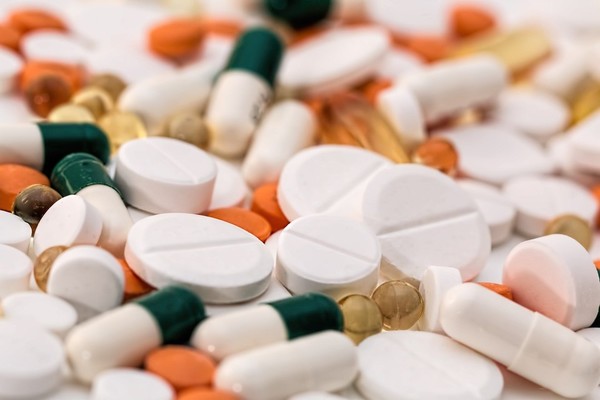After the EU temporarily suspended using titanium dioxide (TiO2) as food additives citing hereditary toxicity, the Ministry of Food and Drug Safety (MFDS) is investigating its use by Korean companies, drawing the industry’s attention.

Under the ministry’s recent decision, the Korea Pharmaceutical and Bio-Pharma Manufacturers Association, Korea Pharmaceutical Trade Association, and Korea Research-based Pharmaceutical Industry Association must fill out an MFDS form with a set of information and submit it to the affiliated organization by Feb. 18.
Such information includes the item name, item standard code, formulation, administration route, manufacturing and import, classification number, the purpose of formulation of titanium oxide, and content per unit dosage.
Companies are also allowed to submit opinions on the necessity of using titanium oxide as a pharmaceutical additive and substituting material.
European government agencies and academics have continuously raised the issue related to the genotoxicity of titanium oxide.
Titanium oxide is a nanoparticle having the size of 1/10,000 of a grain of salt. When a person ingests these particles continuously, it can damage the intestinal mucosa, slow metabolism, and disturb the intake of nutrients, such as iron, zinc, fat, and amino acids.
In January 2017, the French health agency (Agence Nationale de Sécurité Sanitaire de L'alimentation) reported a study conducted by the French National Institute of Health and Medical Sciences (Institut National de la Recherche Agronomique), saying, "Ingestion of titanium oxide nanoparticles has a detrimental effect on the immune system as well as damage to gut cells and can even cause cancer."
French government banned titanium oxide as a food additive in 2020.
The European Food Safety Authority (EFSA) also classified titanium oxide as unsafe for use as a food additive and pointed out concerns about the substance's genotoxicity but said it could not establish a safe daily intake amount in May last year.
The EU Commission recently updated its Annex Ⅱ and Ⅲ of the "Regulation (EC) No 1333/2008 of the European Parliament", a regulation on food additives, for titanium oxide and related contents, in January.
According to the update, the regulations will not remove the classification of certain food classification additives, and companies cannot sell titanium oxide directly to consumers due to genotoxicity.
However, pharmaceuticals will temporarily suspend the implementation as it could take several years to reconstruct the product to replace titanium oxide and cause a serious shortage of medicines if the supply stops abruptly.
A review clause in the draft regulation states that the commission will reevaluate the situation concerning medicinal products within three years after the regulation goes into effect.
This notice came into effect on Feb. 7.

